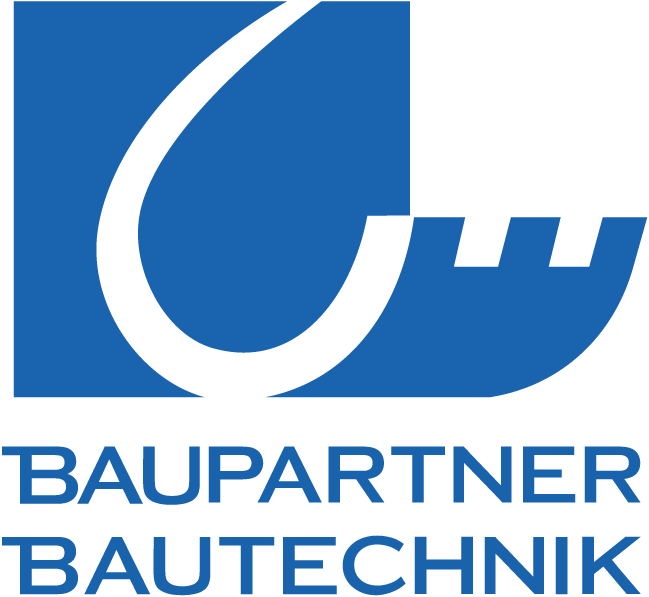In the ever-evolving world of education and learning, where info flows perfectly and access to expertise is only a click away, student-driven encyclopedias are becoming a dynamic device in the discovering process.

These systems not just give trainees with a database of info but also urge them to add, edit, and curate material, promoting a collaborative and interactive discovering environment.
As academic paradigms change towards even more participatory and comprehensive versions, the concept of student-driven encyclopedias personifies this transformation. These systems empower students to end up being active participants in knowledge creation, connecting the space in between conventional textbook discovering and modern-day electronic resources.
The Principle of Student-Driven Encyclopedias
Student-driven encyclopedias are electronic platforms where trainees jointly collect, confirm, and distribute information on a large selection of subjects. Unlike conventional encyclopedias, which are frequently created by professionals, these systems leverage the joint initiatives of students to produce a comprehensive body of knowledge.

At their core, student-driven encyclopedias are developed to cultivate vital thinking, research skills, and electronic literacy among pupils. By participating in the process of web content production, trainees find out to navigate and review info critically, abilities that are important in today’s information-rich society.
Furthermore, these systems work as a room for students to discover their interests and share their expertise. This autonomous approach to knowledge creation makes sure that a varied variety of perspectives and voices are stood for, enriching the learning experience for all participants.
- Students acquire hands-on experience in study and web content creation.
- Encourages collaboration and peer interaction.
- Advertises a much deeper understanding of subject matter.
- Fosters inclusivity and variety in knowledge depiction.
Essentially, student-driven encyclopedias transform trainees from easy receivers of details into energetic factors, instilling a sense of possession and duty in their instructional trip.
Advantages of Student-Driven Encyclopedias
Among the principal benefits of student-driven encyclopedias is the advancement of essential 21st-century abilities. As pupils engage in the procedure of material production, they develop their essential thinking, digital literacy, and communication skills, every one of which are important in today’s interconnected world.
Furthermore, these platforms urge a collective understanding atmosphere, where trainees can collaborate to verify info, argument different perspectives, and co-edit articles. This peer-to-peer interaction not only improves learning outcomes yet also fosters a feeling of area and shared respect among trainees.
Moreover, student-driven encyclopedias use a system for showcasing student work. As trainees contribute to the encyclopedia, they build a portfolio of their study and writing, which can be important for additional academic and expert pursuits.
Challenges and Limitations
Regardless of the many advantages, student-driven encyclopedias additionally face specific challenges. Making sure the precision and integrity of info is paramount, as these systems rely upon payments from students who may not yet have expert-level expertise.
- Maintaining material top quality and precision.
- Offering ample guidance and support.
- Making sure fair accessibility and inclusivity.
To minimize these obstacles, lots of student-driven encyclopedias execute a system of checks and equilibriums, where content is examined by educators or specialists prior to magazine. This makes sure that the info offered is both exact and trustworthy, promoting the honesty of the platform.
The Future of Student-Driven Encyclopedias
As technology continues to development and the landscape of education advances, the potential for student-driven encyclopedias is huge. These systems have the capability to not only complement conventional instructional resources but likewise redefine the way understanding is obtained and shared.
In the future, check out the q&a website for advice we could see student-driven encyclopedias incorporating more advanced technologies such as expert system and machine learning to improve content curation and personalization. In addition, they may broaden past textual details to include multimedia material, using a more immersive knowing experience.
Equipping the Next Generation
Student-driven encyclopedias hold the promise of equipping the next generation of students. By positioning students at the helm of expertise development, these platforms encourage long-lasting understanding, interest, and intellectual freedom.
To conclude, as academic systems remain to introduce, student-driven encyclopedias stand as a testament to the power of partnership and the relevance of trainee company in the understanding procedure. By accepting these systems, we unlock to a much more comprehensive, appealing, and vibrant instructional experience for all.

